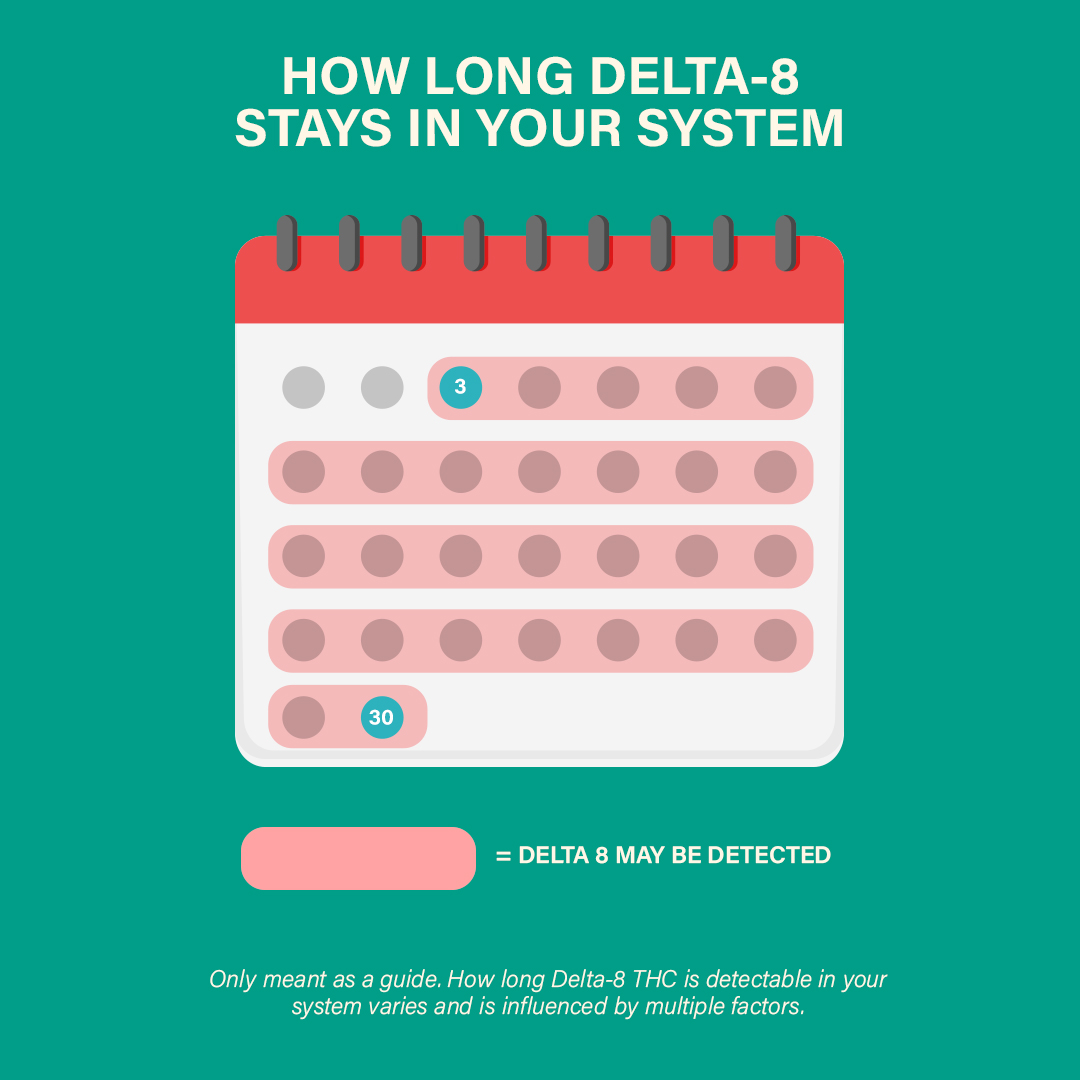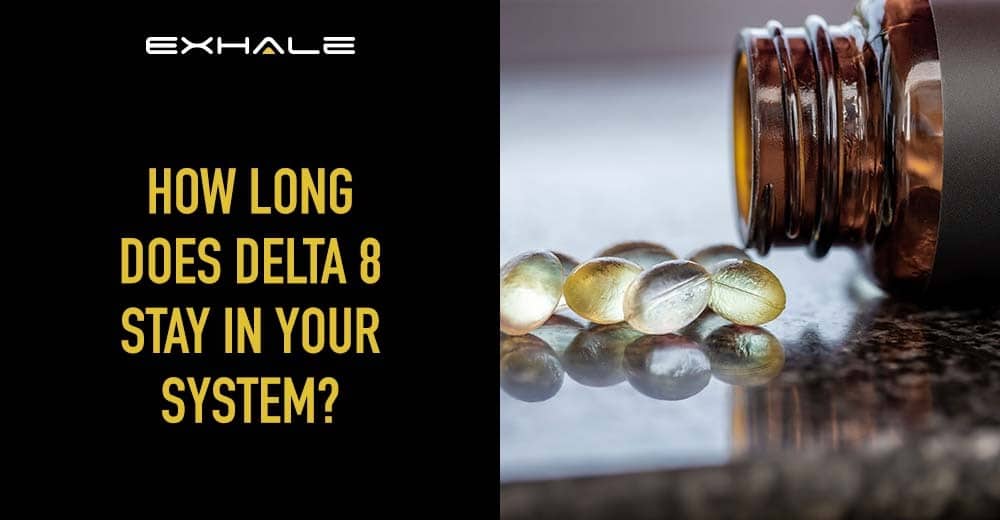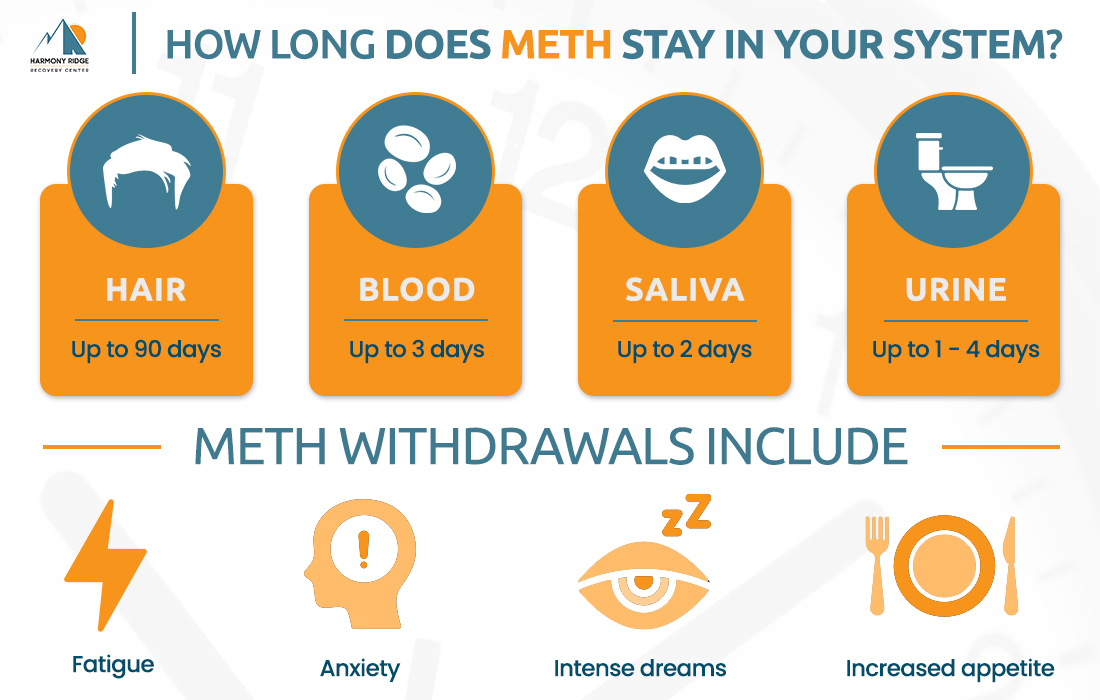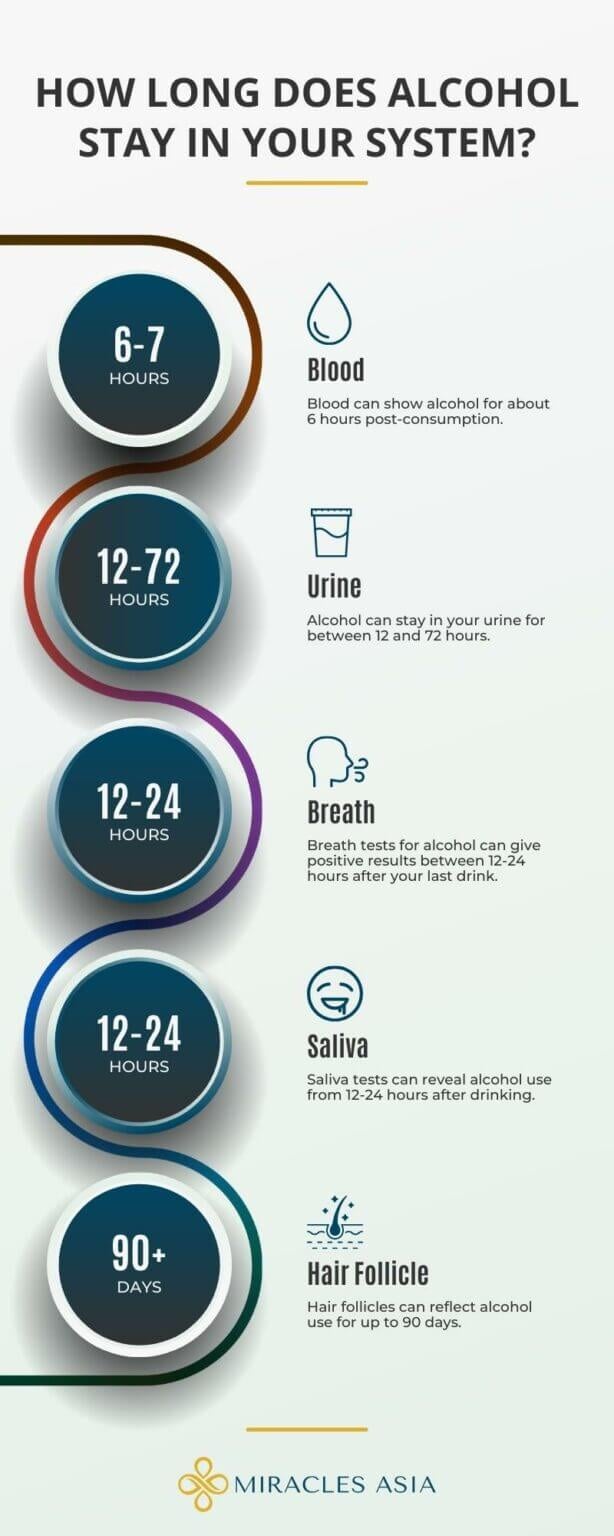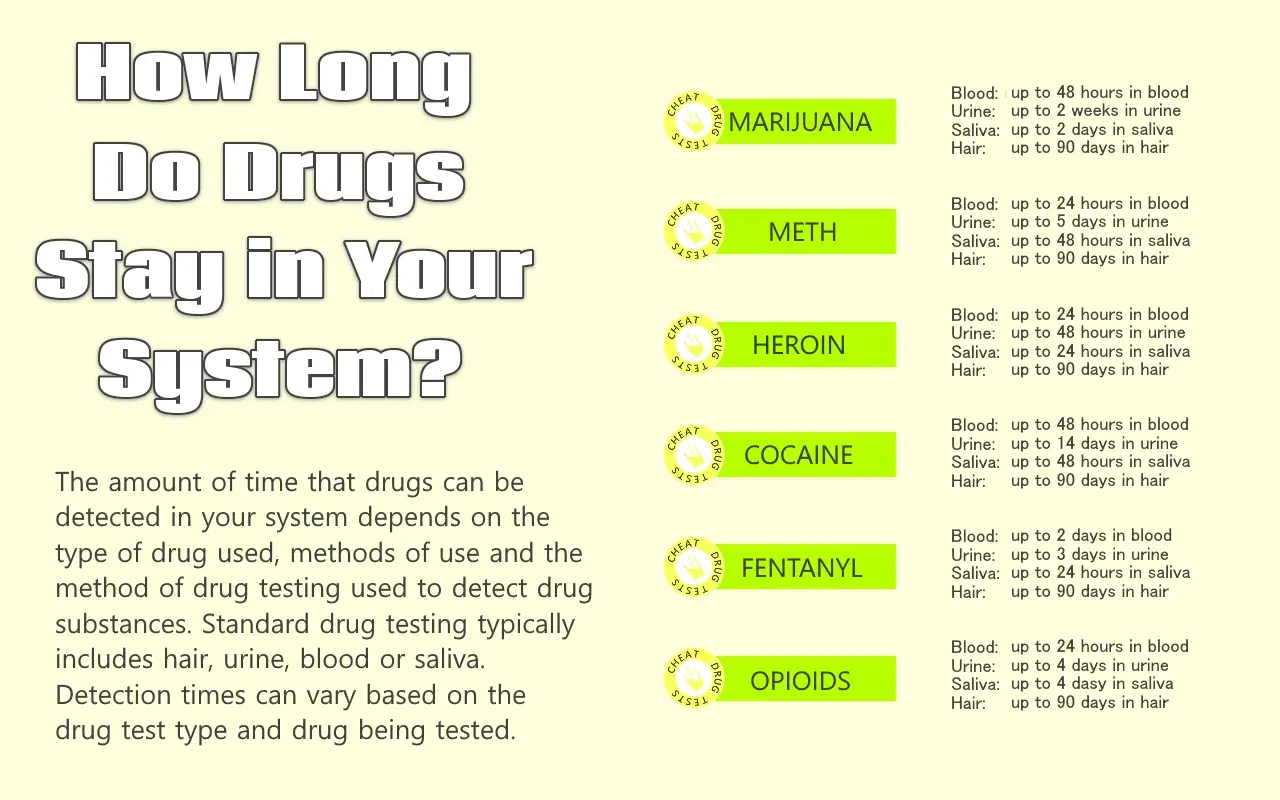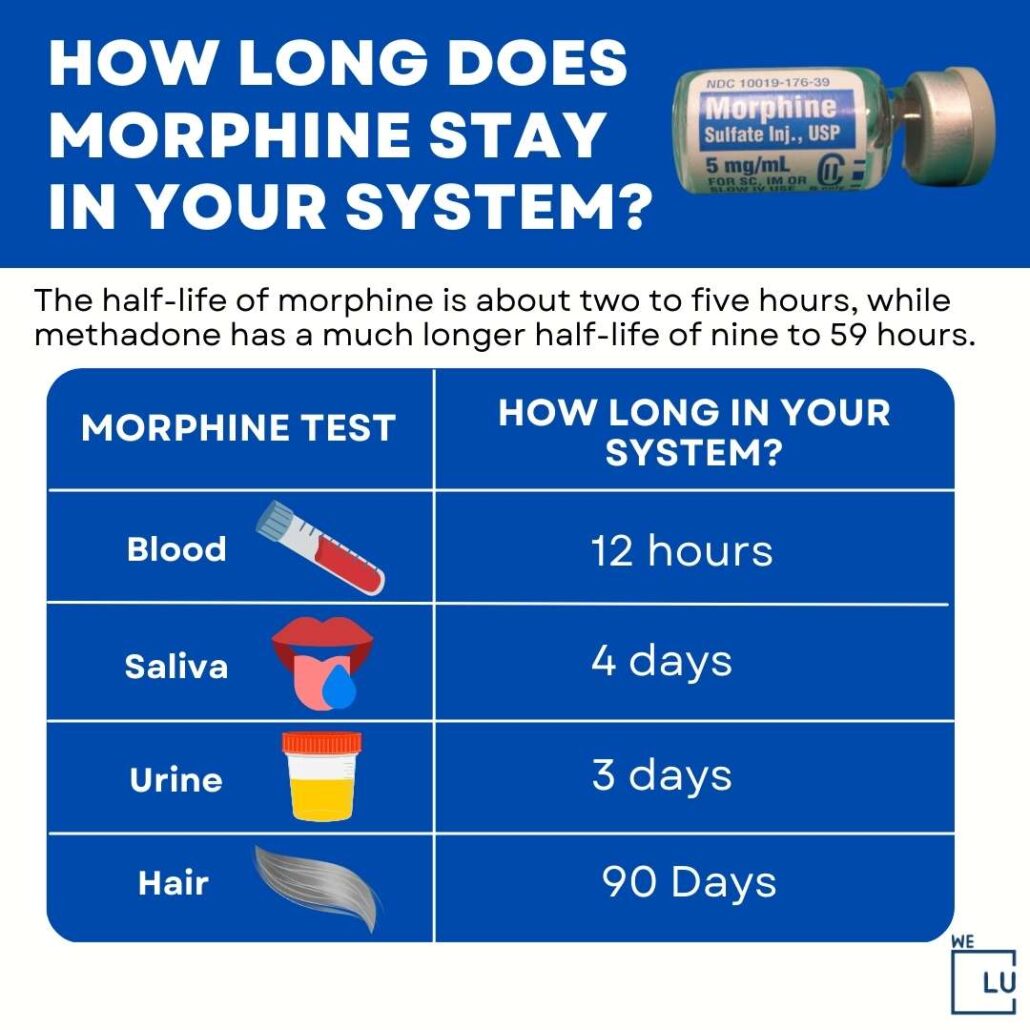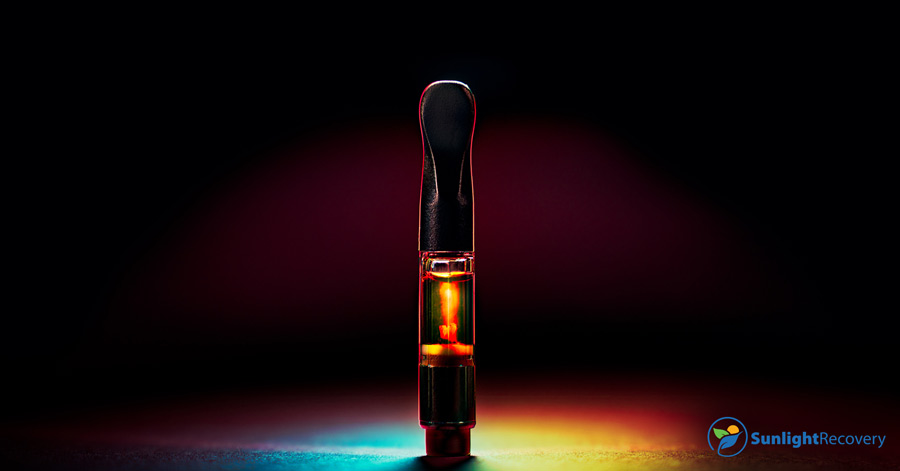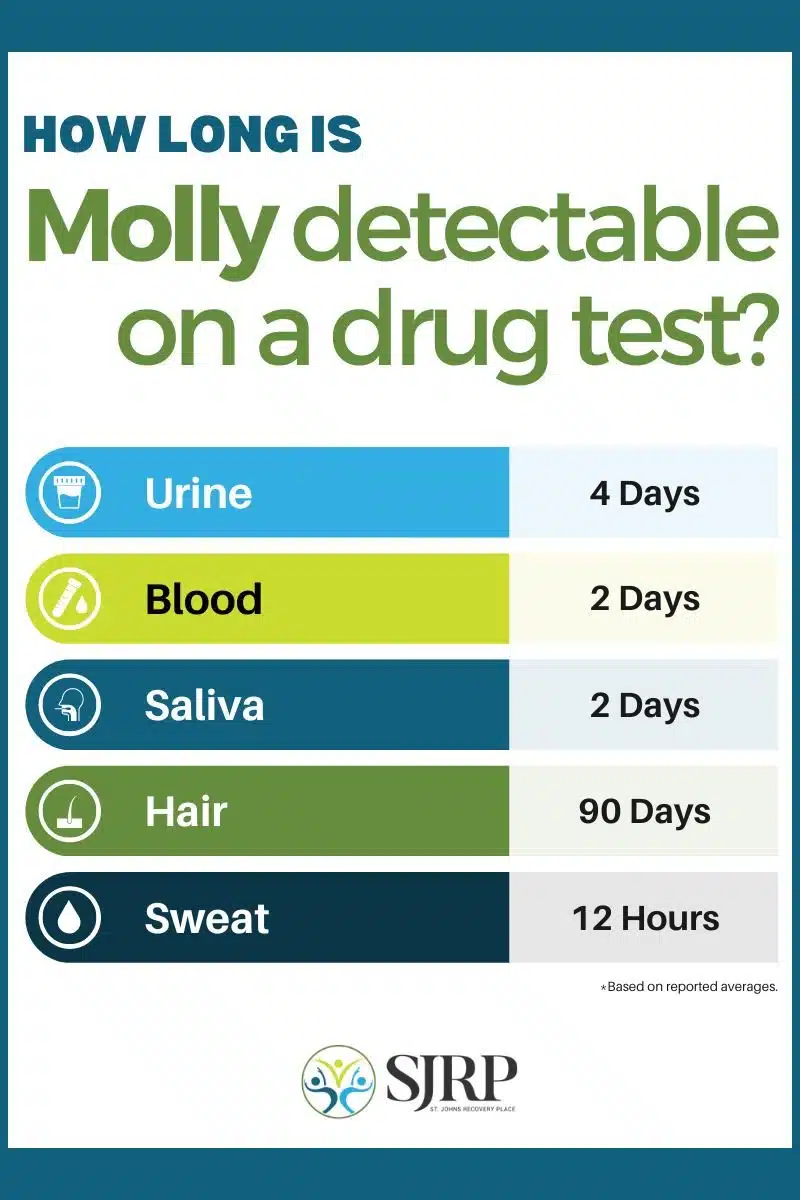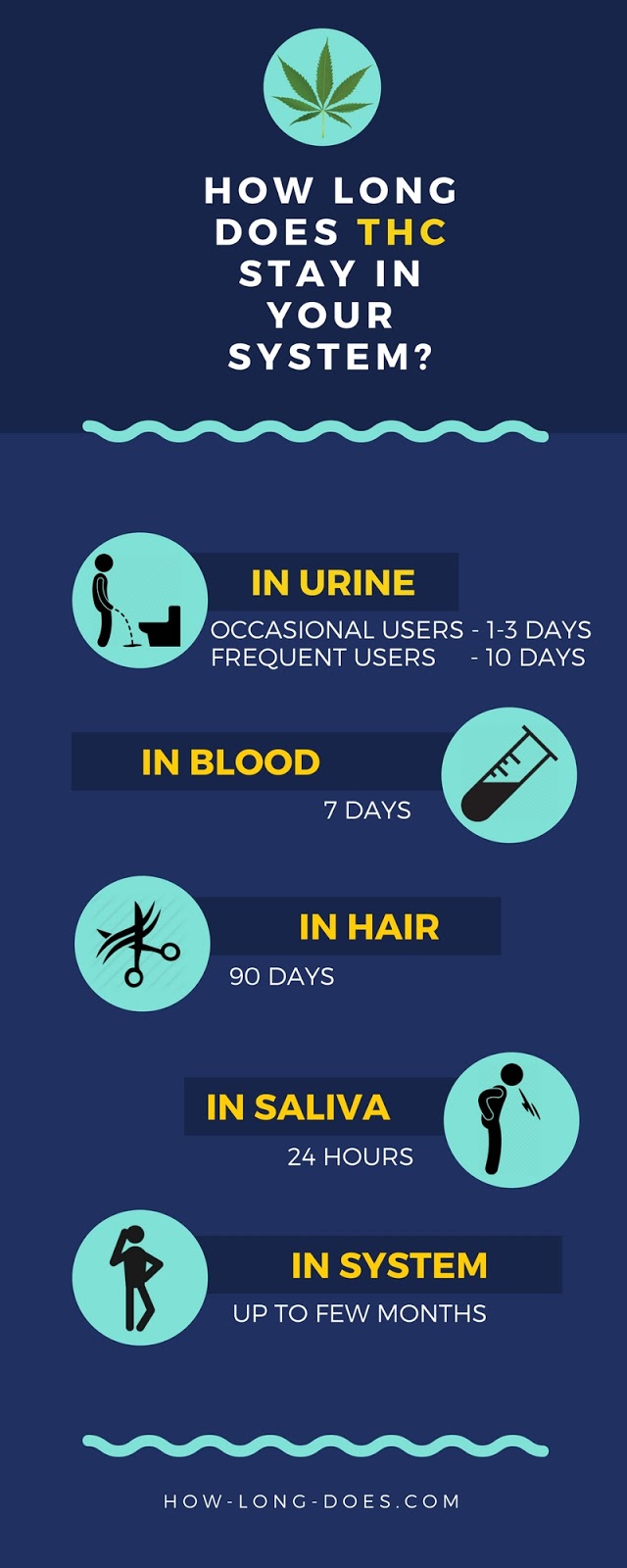How Long Does Delta 8 Stay In Your System Urine

Delta 8 THC, a psychoactive cannabinoid gaining popularity for its milder effects compared to Delta 9 THC (the primary psychoactive component of cannabis), raises questions about detectability in drug tests. Understanding how long Delta 8 remains in your system, particularly in urine, is crucial for individuals subject to drug screenings for employment, legal, or other reasons.
This article will objectively examine the factors influencing Delta 8's detection window in urine, focusing on scientific data and expert opinions to provide a comprehensive overview.
Factors Influencing Delta 8 Detection
Several factors determine how long Delta 8 metabolites remain detectable in urine. These factors vary significantly from person to person, making it difficult to pinpoint an exact timeframe applicable to everyone.
Dosage and Frequency of Use
The amount of Delta 8 consumed and how often it is used significantly impact detection times. Higher dosages and more frequent use lead to a build-up of metabolites in the body, extending the detection window.
Infrequent or one-time use generally results in a shorter detection period compared to chronic use.
Metabolism
Individual metabolic rates play a crucial role. People with faster metabolisms tend to process and eliminate cannabinoids more quickly, while those with slower metabolisms may retain them for longer periods.
Age, genetics, physical activity, and overall health can all influence metabolic rate.
Body Composition
Delta 8, like other cannabinoids, is fat-soluble, meaning it binds to fat cells. Individuals with higher body fat percentages may store cannabinoids for longer periods, potentially extending the detection window.
Type of Drug Test
Urine drug tests are the most common method for detecting Delta 8 metabolites. Other tests, such as blood, hair, and saliva tests, have different detection windows.
Blood tests typically have the shortest detection window, while hair follicle tests can detect drug use for up to 90 days.
Detection Window in Urine
While precise timelines are difficult to establish due to individual variations, general estimates can be provided. Most sources agree that Delta 8 metabolites can be detected in urine for a certain time period.
For infrequent users, Delta 8 might be detectable for 2-3 days. For moderate users, the detection window can extend to 7-14 days.
Chronic, heavy users may test positive for Delta 8 metabolites for up to 30 days or even longer after their last use.
The Science Behind Delta 8 Metabolism
When Delta 8 is ingested, it is metabolized by the liver. This process produces various metabolites, including 11-hydroxy-THC and THC-COOH.
THC-COOH is the primary metabolite screened for in urine drug tests. It's important to know that most drug tests do not distinguish between Delta 8 and Delta 9 THC metabolites.
Therefore, using Delta 8 can trigger a positive result for marijuana/THC on a standard drug test. It is a critical point to consider.
Implications and Considerations
The potential for a positive drug test is a significant concern for many Delta 8 users. Knowing your employer's or organization's drug testing policies is critical.
Clear communication about Delta 8 use is essential, though there is no guarantee it will prevent a positive result. Legal protections vary widely depending on jurisdiction.
Due to the lack of regulation and standardized testing for Delta 8 products, the actual THC content may vary significantly from what is advertised. Third-party testing and Certificates of Analysis (COAs) can help verify the product's purity and potency, but they don't eliminate the risk of testing positive.
Expert Opinions and Research
Research on Delta 8 is still evolving, and more studies are needed to fully understand its metabolism and detection windows. Most experts stress caution regarding drug testing and the use of unregulated substances like Delta 8.
The National Institute on Drug Abuse (NIDA) and other reputable organizations provide information on drug testing and substance use, but specific data on Delta 8 detection times is limited. Individuals concerned about drug testing should consult with a medical professional or toxicologist.
Conclusion
The duration Delta 8 stays in your urine depends on various individual factors. While general estimates can be provided, individual results may vary significantly.
Users should be aware of the potential for positive drug tests and take precautions accordingly. Further research and standardization in Delta 8 product labeling and testing are needed to provide more accurate and reliable information.
